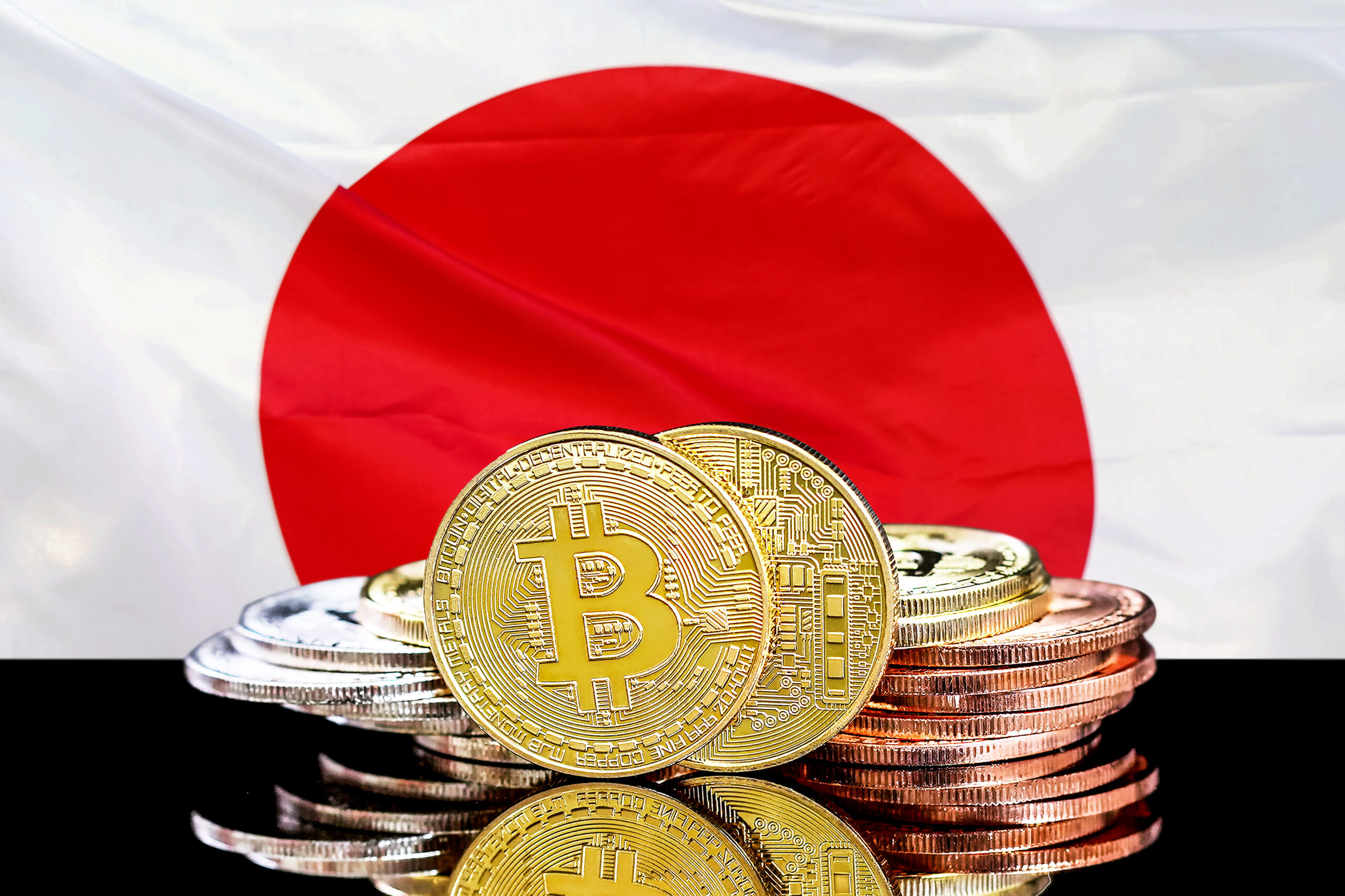The non-government lobbying group Japan Blockchain Association (JBA) recently petitioned the Japanese government regarding the revision of tax regulations on crypto assets. This revision is a significant obstacle for foreign Web3 companies entering the Japanese market. The aim is to position Tokyo as a prominent global crypto hub and a center for digital innovation.
According to a recent petition by JBA, the imposition of crypto asset taxes and the difficulty in achieving widespread crypto adoption among the populace are the two biggest problems facing Web3 companies in Japan. The petition highlights three essential modifications required in Japan’s tax framework for crypto assets.
One potential modification is eliminating the year-end unrealized gains tax imposed on corporate entities that possess crypto assets. This tax pertains to theoretical profits that exist solely on paper and have yet to materialize through actual transactions.
In June, a particular government decided to grant an exemption to entities issuing digital assets, relieving them from a corporate tax of 30% on any unrealized gains. A recent petition has been initiated to further extend this exemption to corporations that possess crypto assets issued by external parties.
The second proposed modification involves altering the taxation approach for personal crypto asset trading profits. This adjustment entails transitioning from the existing method of aggregate taxation to a distinct self-assessment process characterized by a standardized tax rate of 20%.
The petition aims to eliminate the income tax levied on gains derived from individual crypto-asset transactions.
“In the era of Web3, where borders dissolve, crypto-assets exchange is poised to emerge as the dominant force within the economic realm. With a multitude of transactions and diverse crypto-assets being traded, the calculation of taxes is anticipated to pose significant challenges,” stated JBA.
The suggested changes by JBA arrive as Japan endeavors to establish itself as a prominent player in the Web3 sector. During the recent WebX conference in Tokyo, policymakers from Japan expressed their belief in the transformative power of Web3 in the global social economy. They also committed to providing increased support for the industry.
What does it mean?
Japan has seemingly realized the importance of establishing an appealing ecosystem for the digital asset industry. They must create an environment that encourages the growth and profitability of digital asset businesses.
Providing a favorable tax structure is a practical approach to fostering an enabling atmosphere for crypto enterprises and other entities operating within digital assets. This entity holds significance that should be supported in the vast realm of possibilities, as the JBA acknowledges.
The significance of this matter has led to the Japanese government’s contemplation of potential revisions in the taxation of cryptocurrencies for nearly a year. This consideration was triggered by relocating several crypto enterprises from Japanese territory.
In this particular context, the proposals put forth by the JBA exhibit a commendable level of reasonableness. In Japan, crypto investors may incur a tax liability exceeding 50% on their capital gains. Certain taxes imposed on them have sparked controversy, particularly the taxation of unrealized capital gains. The constitutionality of this matter is expected to be decided by the U.S. Supreme Court during its 2023–24 session.
The capital gains made by investors in the cryptocurrency industry are subject to a 20% tax in a neighboring country. In the bustling metropolis of Hong Kong, a renowned global center for finance and innovation, the local authorities have adopted a progressive approach towards cryptocurrency.
Embracing its aspirations to become a thriving crypto hub, the city refrains from imposing any capital gains tax on individuals or companies engaging in crypto-related activities. Instead, the tax framework focuses solely on overall income, ensuring a conducive environment for crypto enthusiasts and businesses. Dubai, a prominent location on the crypto landscape, is renowned for its tax-free environment.
In contrast, Japan’s crypto tax arrangements bear a resemblance to those observed in India. Japan’s policymakers should note the outcome when New Delhi implemented a 30% tax on digital asset holdings and transfers in the past year. It led to a significant exodus of digital asset enterprises and talent from the nation.
To become an attractive hub for crypto and digital asset enterprises, the Japanese government should heed the industry’s call for tax reduction. This would facilitate the growth of the sector and the benefits it brings.


